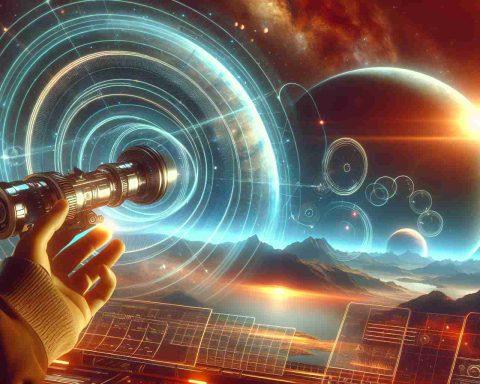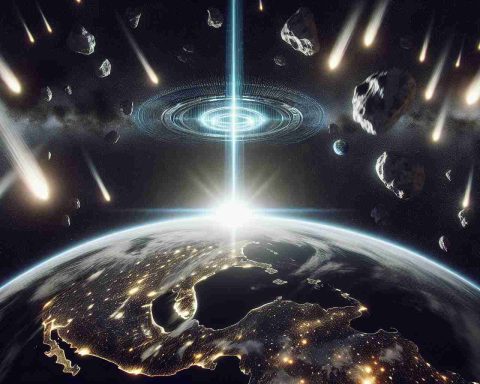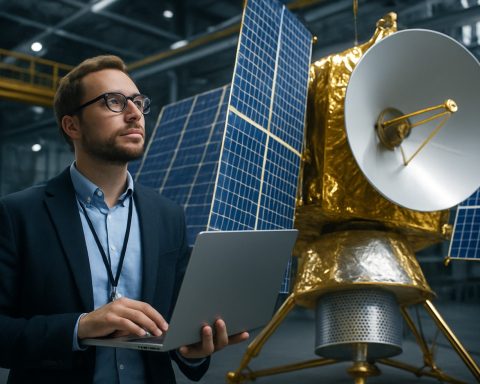Space - Page 22
Space refers to the vast, seemingly infinite expanse that exists beyond the Earth's atmosphere; it is the three-dimensional continuum in which all matter and energy exist. In a physical context, space encompasses everything from planets, stars, galaxies, and cosmic dust to the voids between them. It is characterized by the absence of matter, making it a near-perfect vacuum, although it contains various forms of radiation and a low density of particles.In astronomy and cosmology, space is studied to understand the universe's structure, origins, dynamics, and evolution. It is also the stage where celestial events occur, such as the formation of stars and the interaction of galaxies.In a broader sense, the term "space" can also refer to areas or volumes in general contexts, such as physical spaces like rooms or outdoor areas, as well as abstract uses like conceptual or virtual spaces. Overall, space is fundamental to the study of physics, astronomy, and other sciences, serving as a critical component of our understanding of the universe.



















